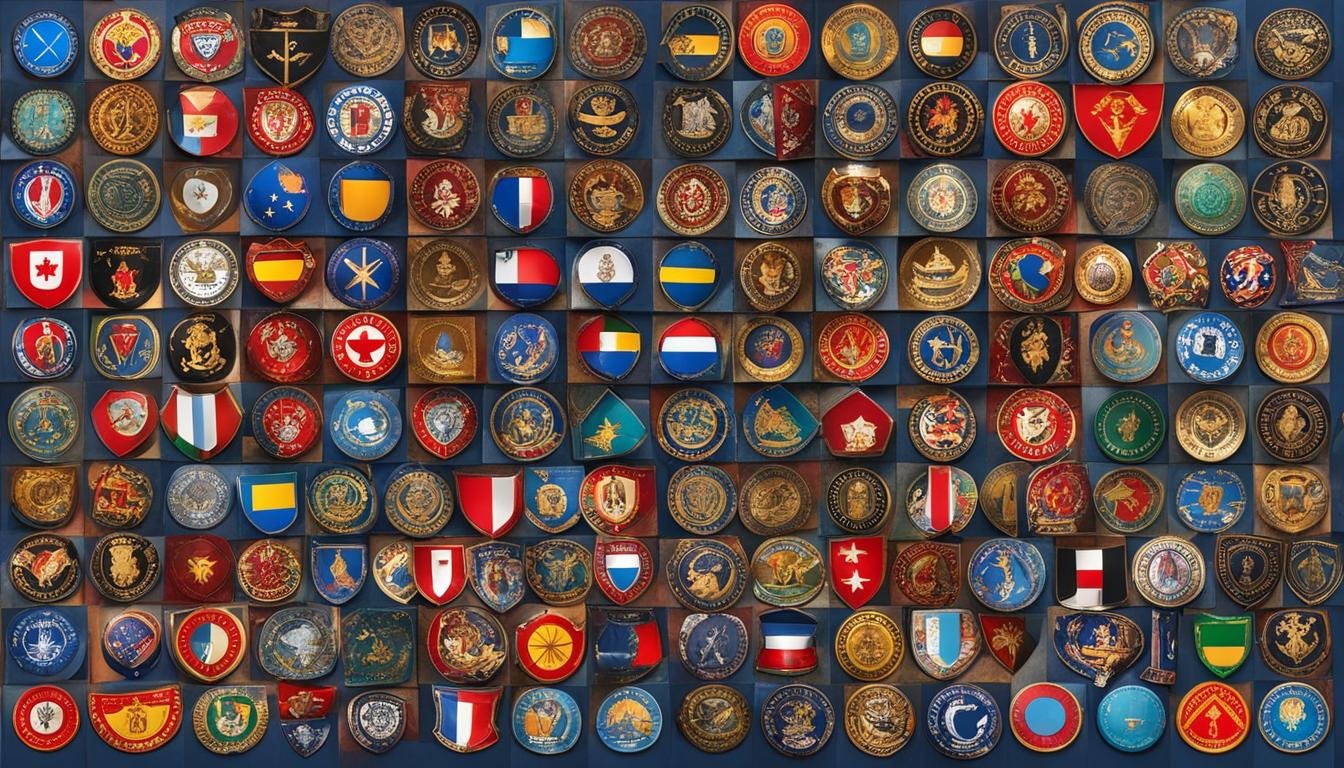Child pornography is a heinous crime that is illegal in most countries. However, the specific laws and regulations surrounding child pornography can vary widely. International organizations and treaties have been established to combat this form of exploitation and set non-binding guidelines for countries to follow.
Two major treaties, The Council of Europe’s Cybercrime Convention and the United Nations Convention on the Rights of the Child, require signatory states to criminalize all aspects of child pornography. Additionally, organizations like the International Centre for Missing & Exploited Children and ECPAT International work to combat child sexual exploitation and have developed model legislation and guidelines for countries.
It is important to note that the information provided in this article is subject to change as laws are constantly being updated around the world.
Key Takeaways:
- International laws combatting child pornography aim to protect children from exploitation.
- The Council of Europe’s Cybercrime Convention and the United Nations Convention on the Rights of the Child require signatory states to criminalize child pornography.
- The International Centre for Missing & Exploited Children and ECPAT International provide guidelines and model legislation to combat child sexual exploitation.
- Laws regarding child pornography vary between countries.
- Stay updated on changing international laws and efforts to prevent child pornography.
International Stance on Child Pornography
Several international organizations and treaties play a crucial role in combatting child pornography. The International Centre for Missing & Exploited Children (ICMEC) is one such organization that actively fights against child sexual exploitation and has set up model legislation which defines child pornography and recommends sanctions for offenders. According to their research in 2018, child pornography is illegal in 118 out of 196 Interpol member states. ECPAT International focuses on halting online sexual exploitation, trafficking of children for sexual purposes, and sexual exploitation of children in the travel and tourism industry. They track countries that have implemented standards defined by agreements such as the Convention on Cybercrime. Major international treaties include The Council of Europe’s Cybercrime Convention and the United Nations Convention on the Rights of the Child, both of which require signatory states to criminalize all aspects of child pornography.
These international organizations work diligently to combat the global issue of child pornography, providing guidance and support to governments around the world. Through their model legislation and guidelines, they aim to establish a unified approach to combating child sexual exploitation. By tracking the implementation of standards and agreements, such as the Convention on Cybercrime, these organizations enforce accountability and encourage countries to take the necessary steps to protect children from exploitation.
“Child pornography is illegal in 118 out of 196 Interpol member states.”
It is important to recognize the efforts made by these international organizations and treaties in combatting child pornography. Their work not only focuses on the legal aspects of combating child exploitation but also on raising awareness, providing resources, and supporting victims. By joining forces, countries can work together to strengthen their laws, prosecute offenders, and protect children from the horrors of child pornography.
Table: International Organizations Combatting Child Pornography
| Organization | Mission | Key Initiatives |
|---|---|---|
| International Centre for Missing & Exploited Children (ICMEC) | To combat child sexual exploitation and provide resources and support to governments and organizations. | – Development of model legislation – Research and data collection – Training programs |
| ECPAT International | To end the sexual exploitation of children through advocacy, research, and capacity building. | – Tracking countries’ implementation of standards and agreements – Awareness campaigns – Training programs |
Consular Role and U.S. Laws Against Child Exploitation
The consular role in combatting child exploitation is vital in safeguarding the well-being of U.S. citizen children who become victims of exploitation abroad. This important responsibility is outlined in the Vienna Convention on Consular Relations, specifically in Article 5(h), which emphasizes the duty of consular officers to protect the interests of minors.
To effectively combat child exploitation, the United States has implemented laws specifically designed to address this issue. The Protect Act and the Trafficking Victims Protection Act are two key pieces of legislation aimed at preventing and prosecuting individuals who engage in child exploitation. The Protect Act makes it illegal for U.S. citizens or lawful permanent residents to travel abroad with the intention of participating in illicit sexual conduct with a minor. The Trafficking Victims Protection Act focuses on defining severe forms of human trafficking, including child sex trafficking, and provides measures to address these heinous crimes.
The U.S. government has designated important agencies to combat child exploitation. The U.S. Department of State, the U.S. Department of Justice, and U.S. Immigration and Customs Enforcement (ICE) work tirelessly to investigate and prosecute individuals involved in child exploitation cases. These agencies collaborate with international partners and adhere to international protocols, such as the United Nations Protocol to Prevent, Suppress and Punish Trafficking in Persons, as well as the Optional Protocol to the Convention on the Rights of the Child on the Sale of Children, Child Prostitution, and Child Pornography.
The consular role and U.S. laws against child exploitation demonstrate the United States’ commitment to protecting children from the devastating effects of exploitation. Through international cooperation, legislation, and dedicated agencies, efforts are made to combat this grave issue and ensure the safety and well-being of children both domestically and abroad.
Source Links
- https://en.wikipedia.org/wiki/List_of_international_and_European_laws_on_child_protection_and_migration
- https://fam.state.gov/fam/07fam/07fam1730.html
- https://en.wikipedia.org/wiki/Legality_of_child_pornography







